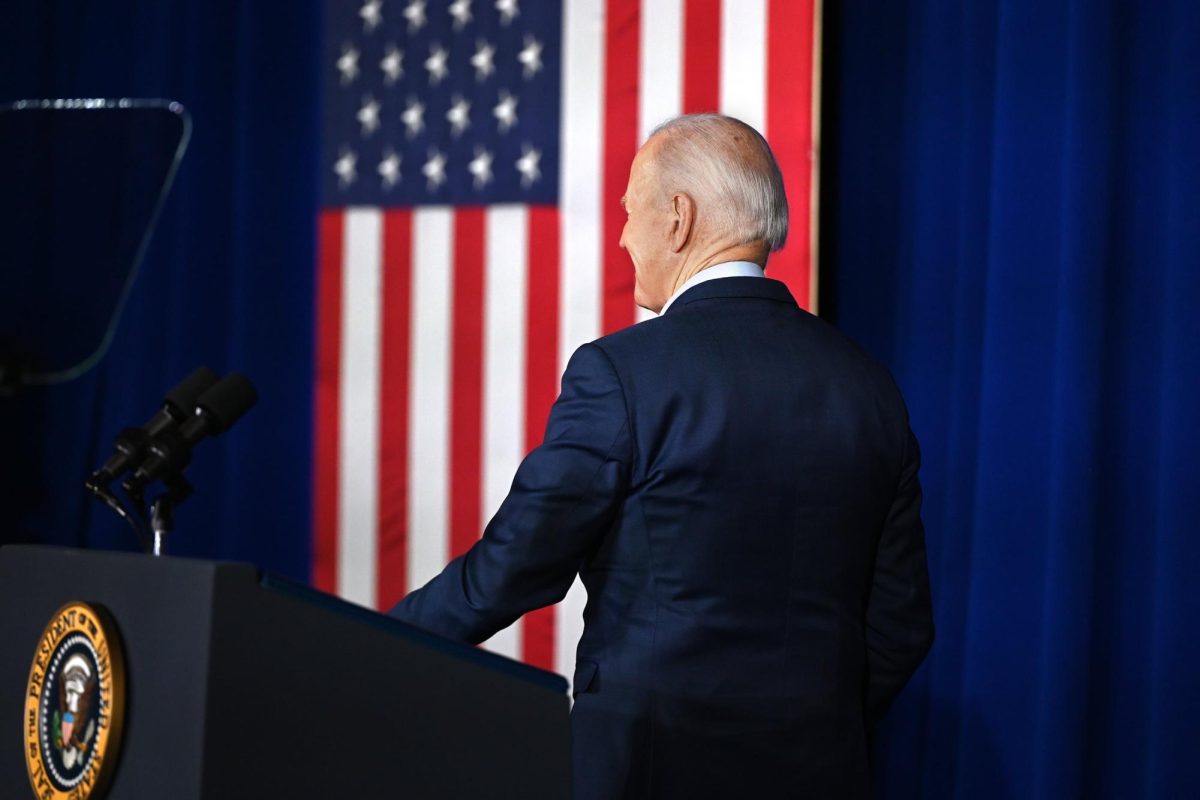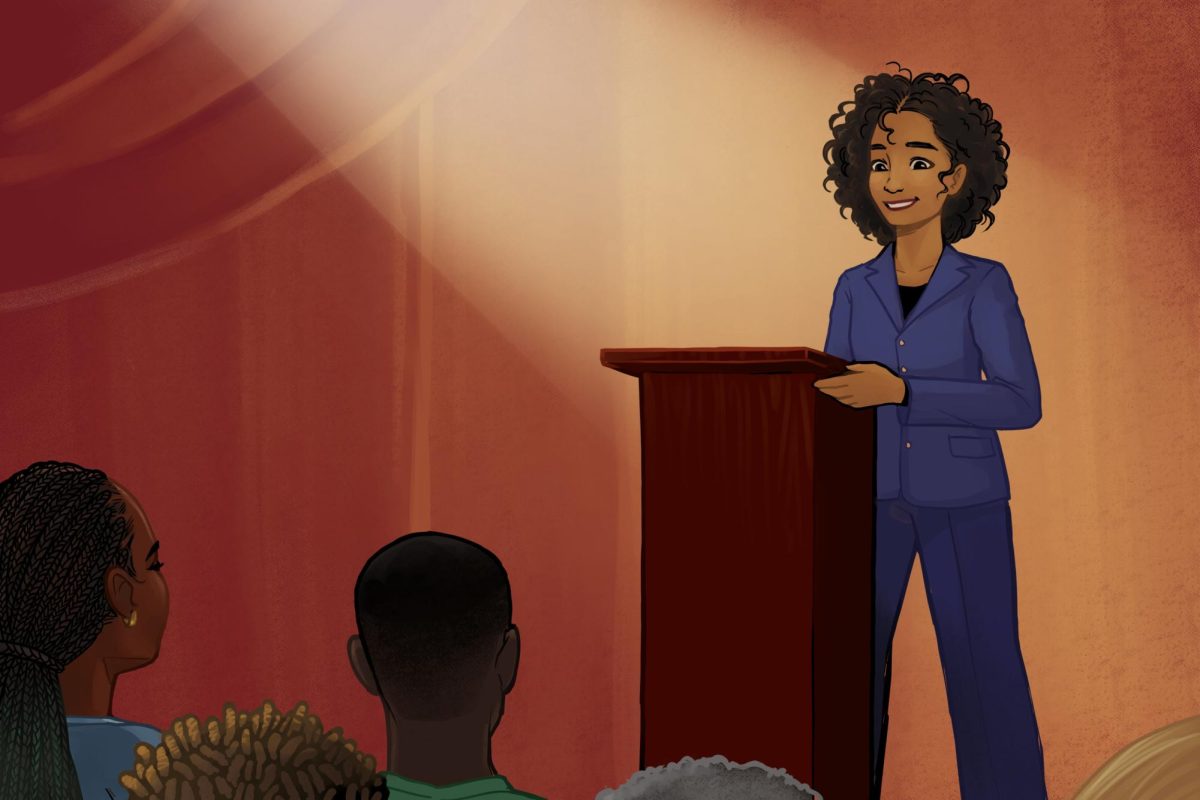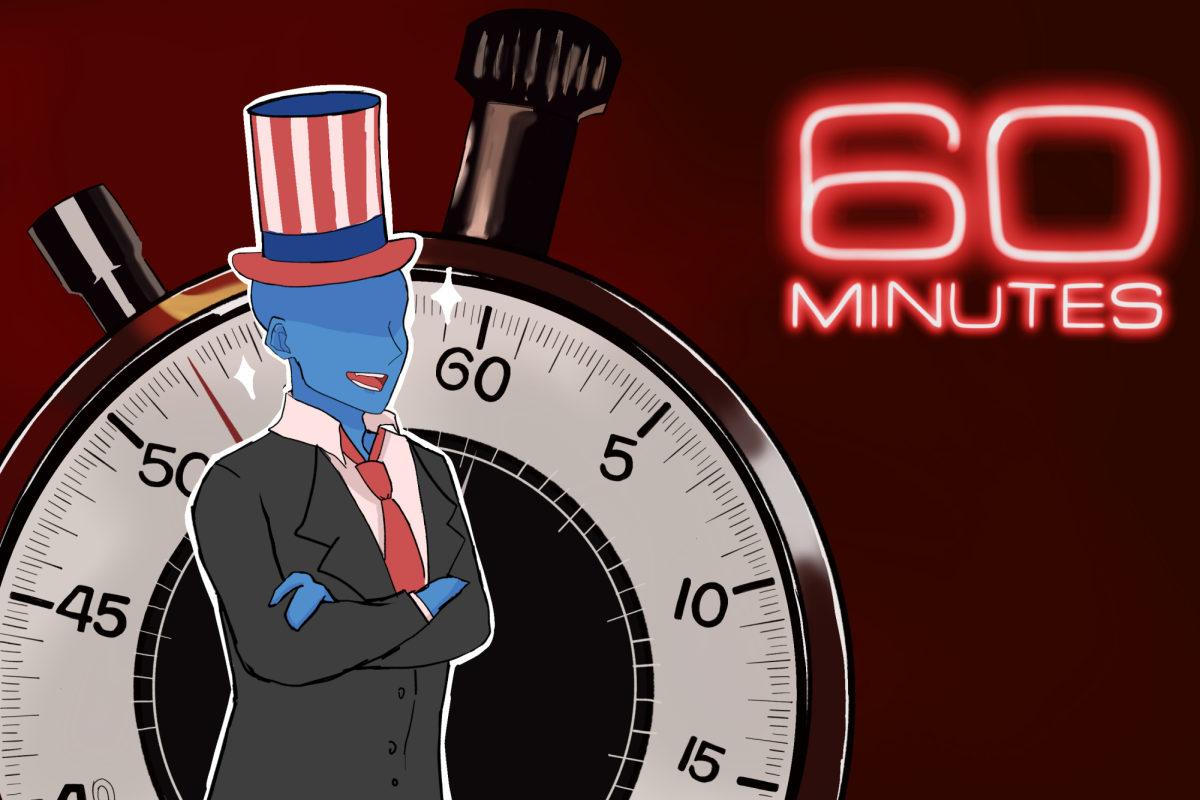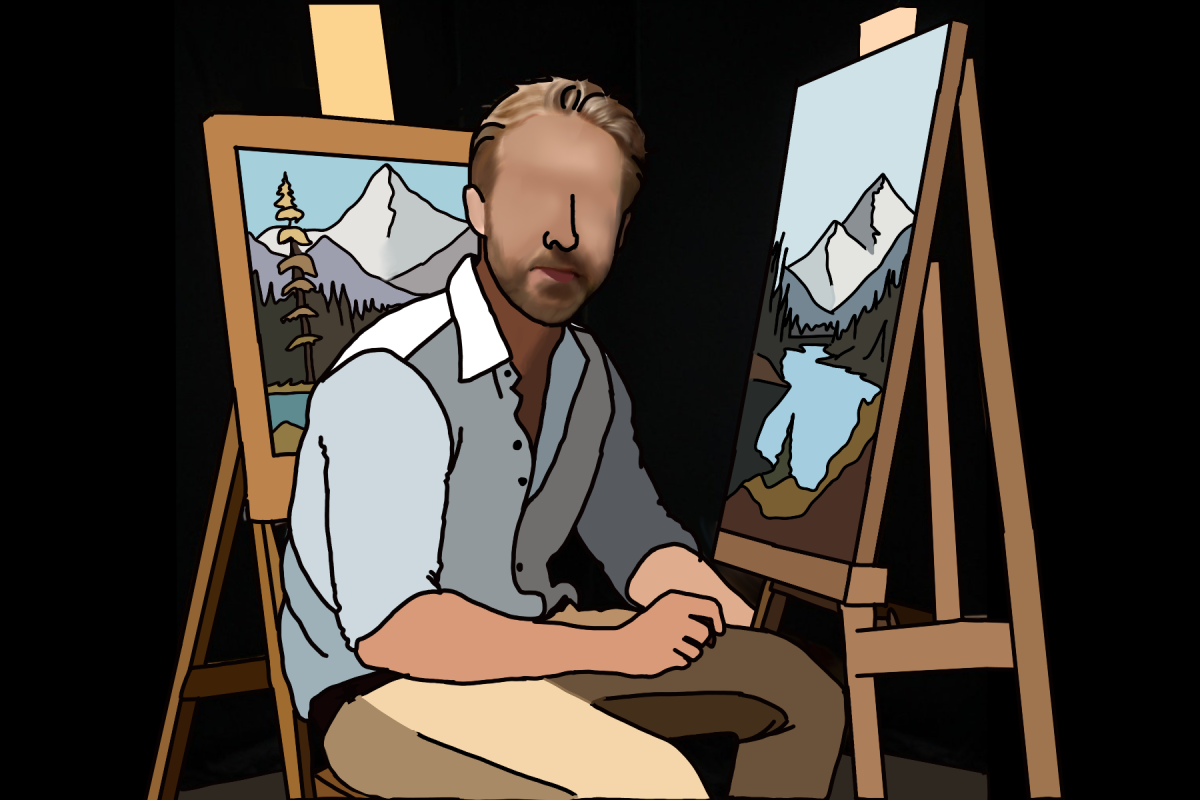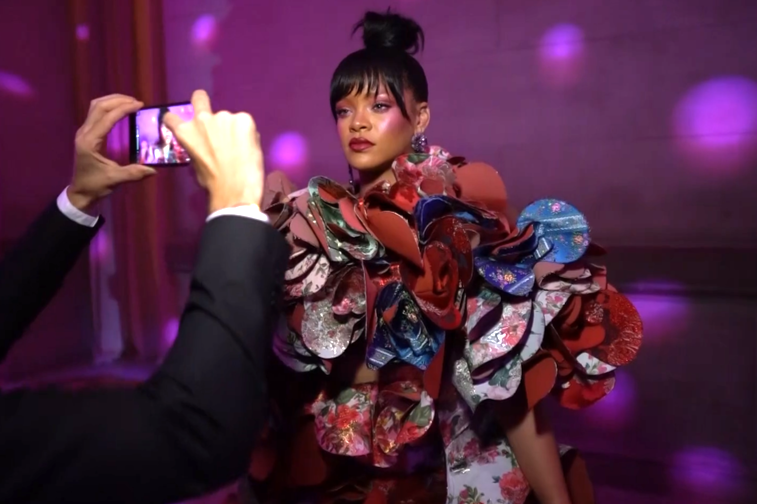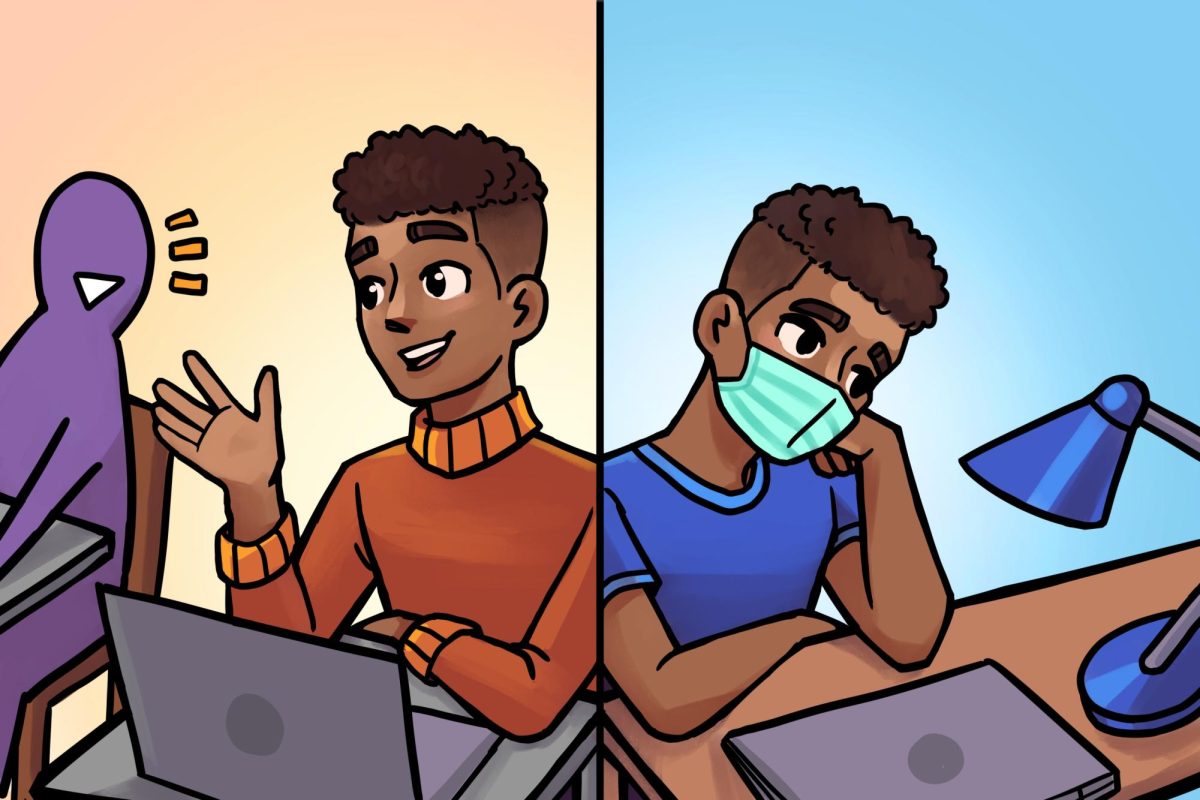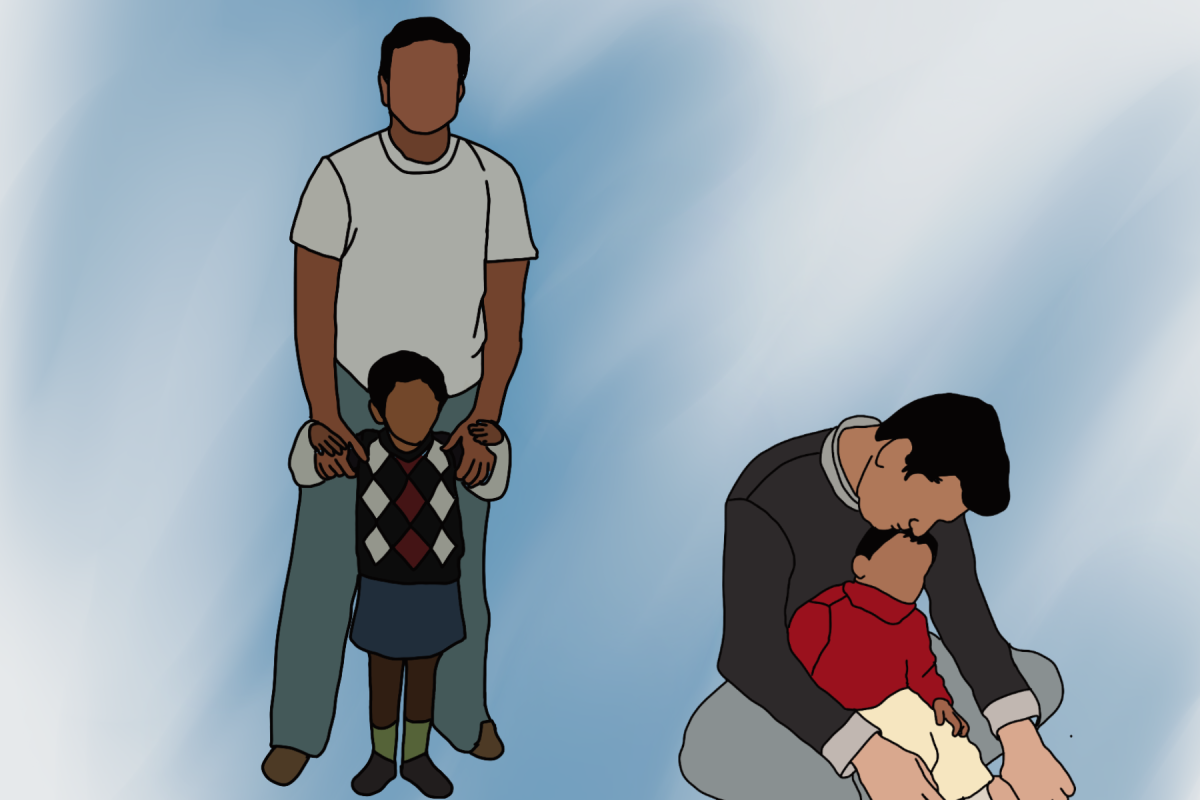Growing up, the concept of “whitewashing” never played a role in how I saw myself. It wasn’t until I became older that I learned how this term could be used to attack my own identity, leaving room for yet another unrealistic standard that preyed on my conflicting cultural identities.
Of course, there were plenty of little anxieties that occupied my mind as a child. Making friends, succeeding academically and my purpose as a human being were all very existential concepts that for some reason plagued me. However, one thing that I never considered to worry about was not being Korean enough.
I harbored no shame for the parts of myself that were undoubtedly American. After all, wasn’t that just as big a part of my identity? After I entered high school and later university, I quickly discovered I was an outsider to many in my community despite what I felt was a solid sense of self.
I was a third-generation immigrant who had spent only a few weeks in her “homeland.” I didn’t know how to use chopsticks — something I have proudly remedied after a classmate in middle school teased me. And, most importantly, I wasn’t able to muster more than a few words in Korean.
Aspects of my life that had previously seemed like such a minuscule part of how I connected with my culture suddenly became so much more important than how I identified.
Get The Daily Illini in your inbox!
I recall a time when I was called whitewashed by a friend of mine — an offhand joke that they would throw around with no ill intent — but something that buried itself in me as deep-rooted insecurity nonetheless.
Now, looking back on the encounters I’ve had with others who have questioned my cultural identity, I have the desire to question the ways that our community has decided to define “Asianness” or “Koreanness.”
So often, the qualities that we attribute to cultural identity are surface-level. This is not to say that language isn’t a beautiful aspect of culture that can connect many, but that it is not a requirement one must check off to be considered a valid member of a community.
Furthermore, the effects of invalidating young people of color’s identities can have serious consequences. One report from the National Library of Medicine classifies encounters such as these as “acting white” accusations, or AWA. Instances of AWA have been proven to have a negative effect on individuals’ mental health and ethnic-racial identity.
Cultural invalidations that are specifically perpetrated by in-group members of a culture are perhaps the most harmful to one’s mind. In fact, the targets of these comments tend to feel a sense of betrayal and will often adopt a “raceless” mindset that rejects any previous cultural identity.
While I understand the desire to keep certain traditions alive, this ethnic gatekeeping is likely to only result in the exclusion of members of cultural groups who fail to live up to a preconceived character.
In fact, a study that appeared in Sage Journals found that 45.7% of cases of multiracial invalidation were instigated by members of the same racial groups.
This exclusivity with race and ethnicity is crucial to think about when looking at the microaggressions most people of color inevitably face.
If we imply that it is acceptable to bestow identity based on stereotypes, then what ground do we have to stand on against white supremacists who classify us the very same way? Why should we feed into the very same outdated myths that we are trying to leave behind?
One of the most beautiful things about our ethnic and cultural identities is that they provide a sense of belonging. In a world where so many can feel isolated, it’s nice to have a place where people can exist as a collective community. However, I would argue that these communities aren’t the safe havens they claim to be if they refuse to provide shelter to those who need it the most.
Hailey is a sophomore in Business.






